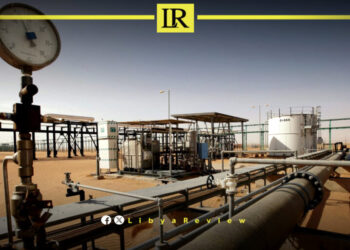Libya continues to lead Africa in offering the lowest fuel prices, according to October data reported by Business Insider Africa. The average cost of a litre of fuel in Libya stands at just $0.028, largely due to government subsidies and the country’s significant crude oil production.
While this subsidy aims to ease living costs for Libyan citizens, the report highlights the heavy economic toll it imposes. Analysts warn that billions of dollars spent annually on fuel support limit potential investments in other sectors of the economy, potentially hindering diversification and long-term growth.
African Fuel Price Rankings
Following Libya, Angola ranks fourth with fuel priced at $0.327 per litre, while Algeria comes sixth at $0.352 per litre, benefiting from its oil and gas reserves and supportive pricing policies. Egypt is eighth at $0.442 per litre, and Nigeria sits at 13th with $0.607 per litre, despite partial subsidy removals in recent years. Sudan is 19th at $0.700 per litre, and Ethiopia ranks 29th at $0.817 per litre. Tunisia is 30th at $0.861 per litre, Niger 33rd at $0.886 per litre, and Liberia rounds out the top ten at $0.966 per litre.
Fuel Prices in Global Perspective
Although low by regional standards, African fuel prices remain considerably cheaper than Europe and North America, where a litre can exceed $1.70–$2. Analysts attribute this to three main factors: domestic oil production, government subsidies, and local currency strength against the US dollar.
Economic Implications for Libya
Experts note that while low fuel prices reduce transport and production costs and mitigate inflationary pressures, they also place a substantial burden on national budgets. Continued reliance on costly fuel subsidies in Libya could threaten fiscal sustainability unless accompanied by gradual economic reforms.
Libya’s fuel pricing paradox—abundant oil yet strained public finances—underscores the challenges facing the country in balancing social support with sustainable economic policy.


